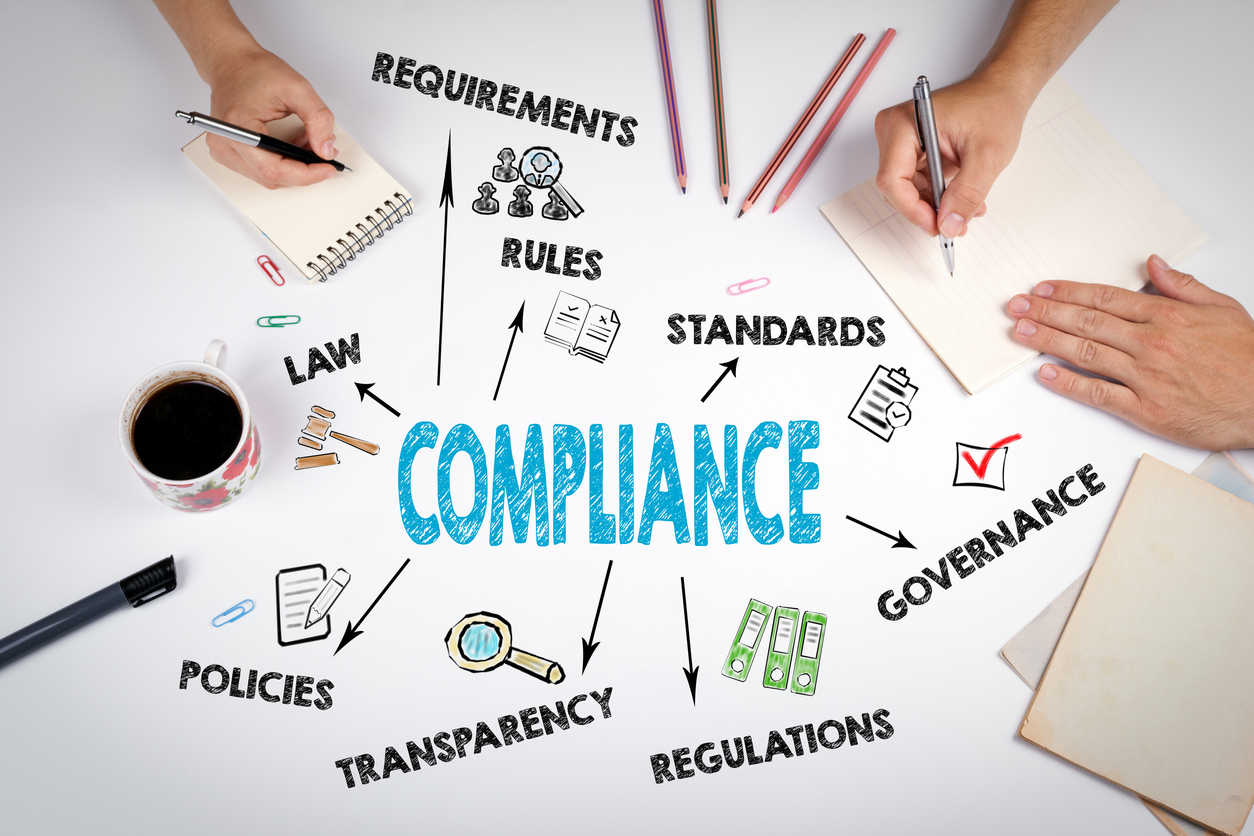Among the many requirements that ensure a business is legally compliant, UK tax regulations can be among the most challenging to navigate.
This is because tax rules are constantly revised, and this can mean that business owners are no longer compliant.
Therefore, staying ahead of the regular updates to tax regulations requires business owners to take a strategic approach that enables them to adapt. Here, we will delve into these strategies that can help to effectively manage tax complexities and ensure compliance.
Understanding and adapting to regulatory changes
To navigate the changes to tax rules successfully, businesses should invest in monitoring and building in time to understand regulatory developments. Engaging with industry associations, hiring tax experts, and attending relevant seminars are effective ways to keep up with changes.
Additionally, establishing internal processes for continuous monitoring and adaptation ensures that businesses can quickly respond to regulatory shifts. This eases the risk of non-compliance and potential penalties.
Utilising technology
Businesses can significantly benefit from using advanced tools and software to streamline tax processes. Automation of routine tasks, data analytics, and cloud-based solutions can enhance accuracy, reduce the risk of errors, and increase overall efficiency.
Using technology also enables businesses to maintain accurate records, which means audits are seamless. Plus, making tax digital can ensure businesses are streamlined with e-invoicing and transaction operations.
Implementing robust practices
Effective tax management goes beyond reacting to changes; it involves proactive planning for what’s to come and establishing compliance practices that can fit with any changes to regulations.
Businesses should also develop robust tax planning strategies tailored to their specific industry and structure. This includes optimising tax credits, deductions, and exemptions. For instance, if a business regularly sells goods online, now is the time to account for the changes to regulations.
Build effective communication
Maintaining open and transparent communication channels with tax authorities is crucial for smooth business operations. Regular updates on business activities, changes in ownership, and financial reporting will create and grow a positive relationship with tax authorities. This proactive approach helps businesses address concerns, clarify doubts, and build a cooperative environment, reducing the likelihood of disputes and audits.
Continuous training and development
As tax laws are ever-changing, business owners must be committed to continuous training and development for staff. Investing in ongoing education programmes ensures that employees are well-versed in the latest tax regulations and practices. This proactive approach not only reduces the risk of inadvertent non-compliance but also enhances the overall competency of the workforce in navigating tax complexities.
It's worth delegating training to someone who is regularly working with tax. A business accountant, for instance, could be ideally placed to make business owners aware of any updates that are coming up and, in turn, any training that’s required.











